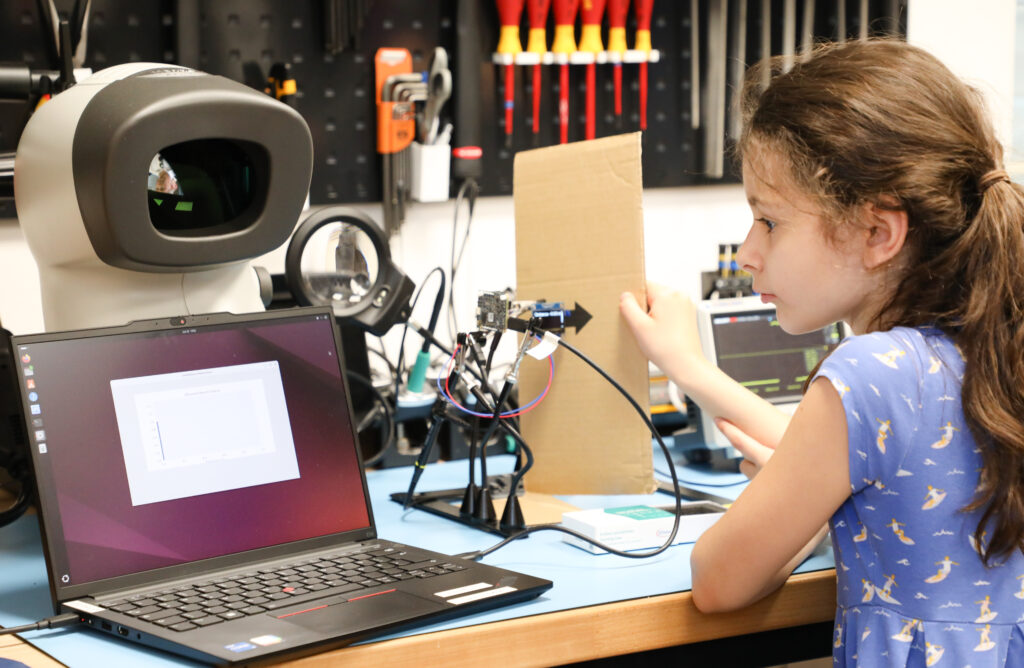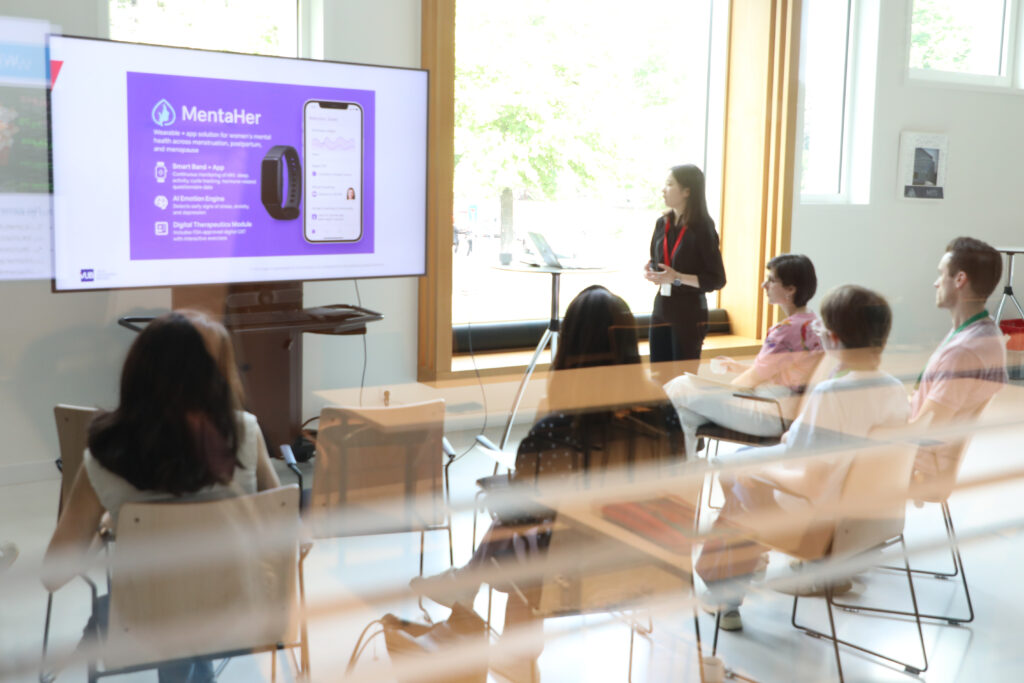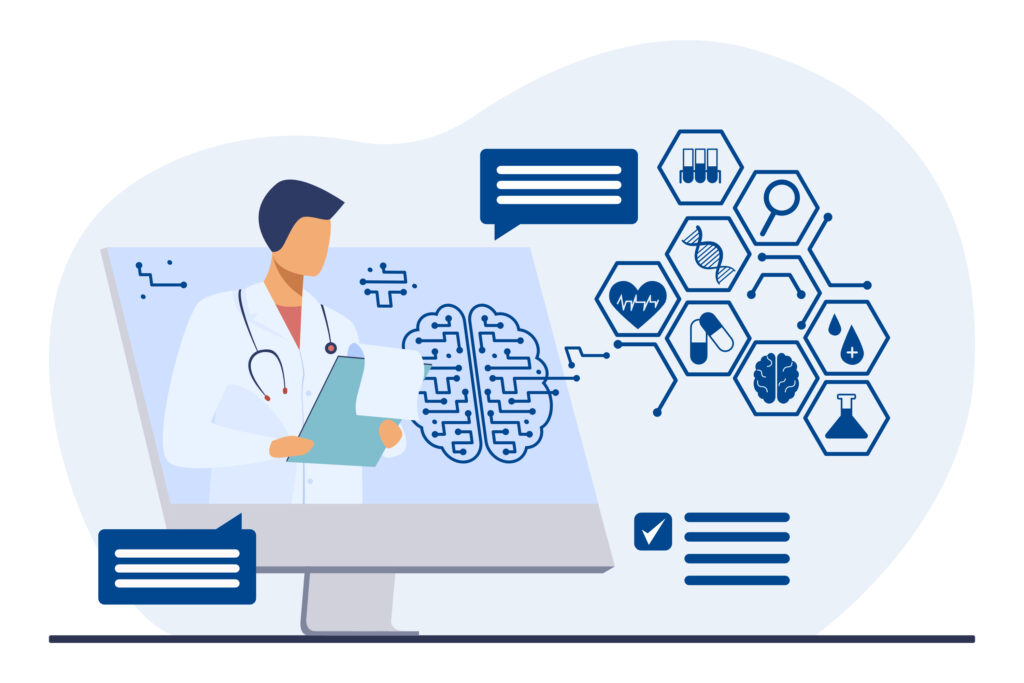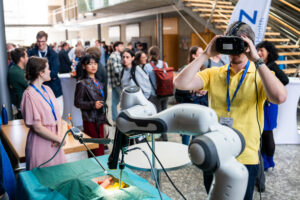This year’s Clinicum Digitale, at the end of March, was once again an inspiring forum for exchanging ideas and learning more about innovations in digital health. Hosted by the EKFZ for Digital Health, it builds a bridge between medicine and high-tech during the studies. The Clinicum Digitale excites students about collaborating across different subjects early in their scientific careers. The two-week Spring School offers a broad mix of seminars, discussions, hands-on workshops and social events to the almost 40 participants. The research-oriented course introduces the fundamentals of each other’s disciplines. It is a place to network, discover future research areas and explore innovative healthcare solutions.
Review
Clinicum Digitale 2024
Highlights
Impressions
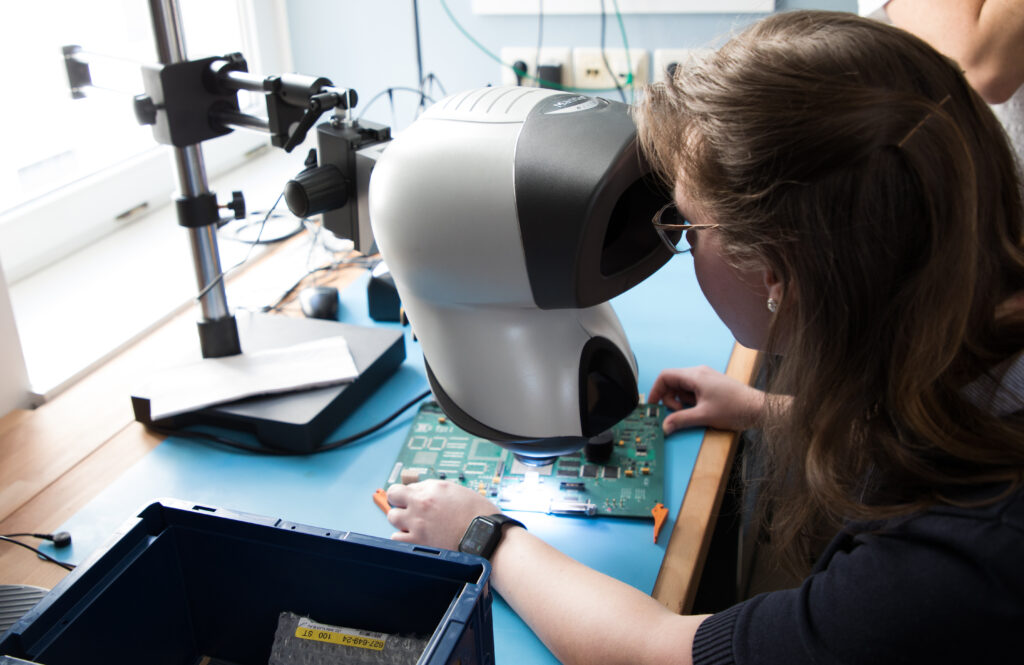
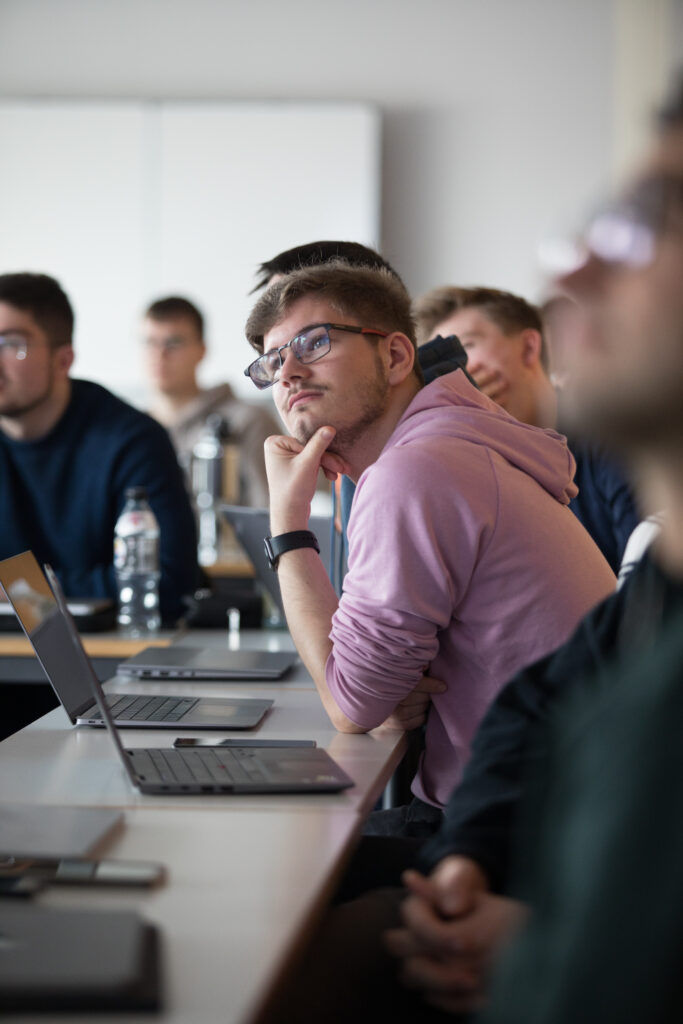
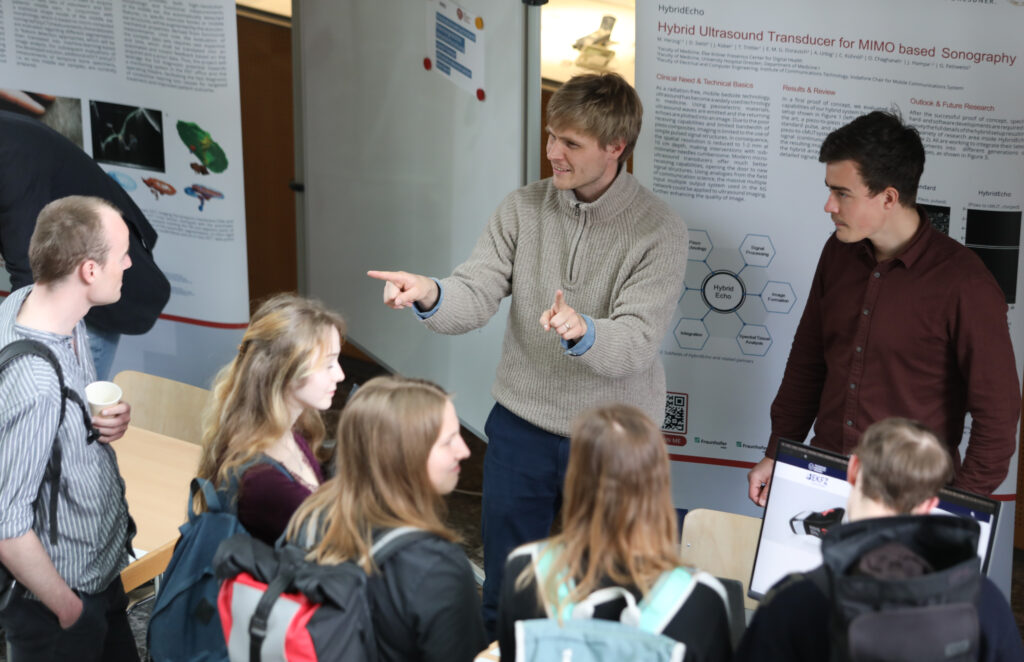
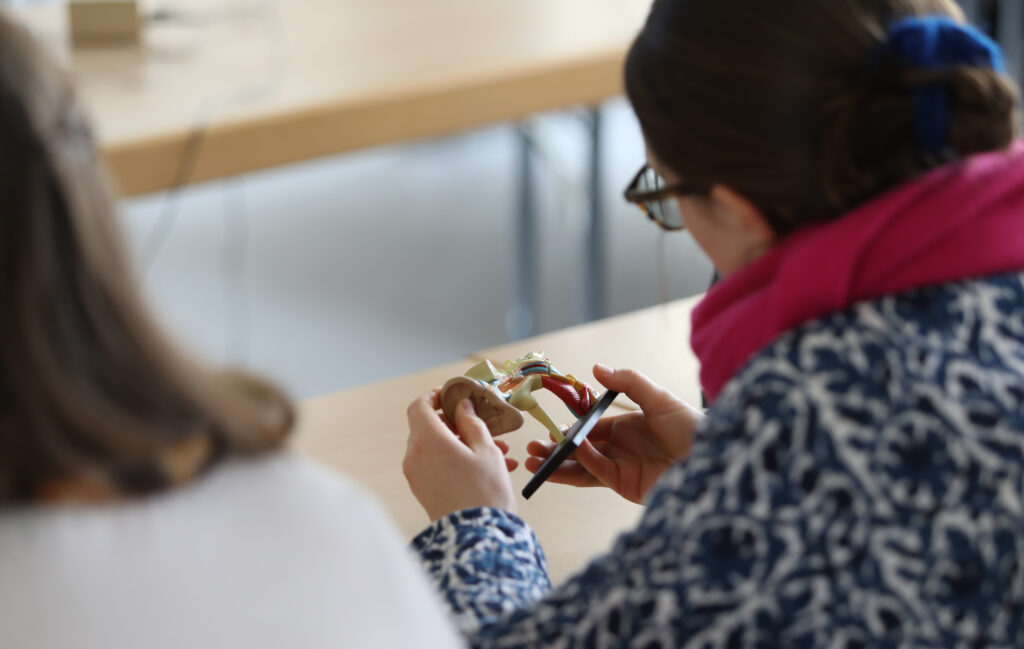
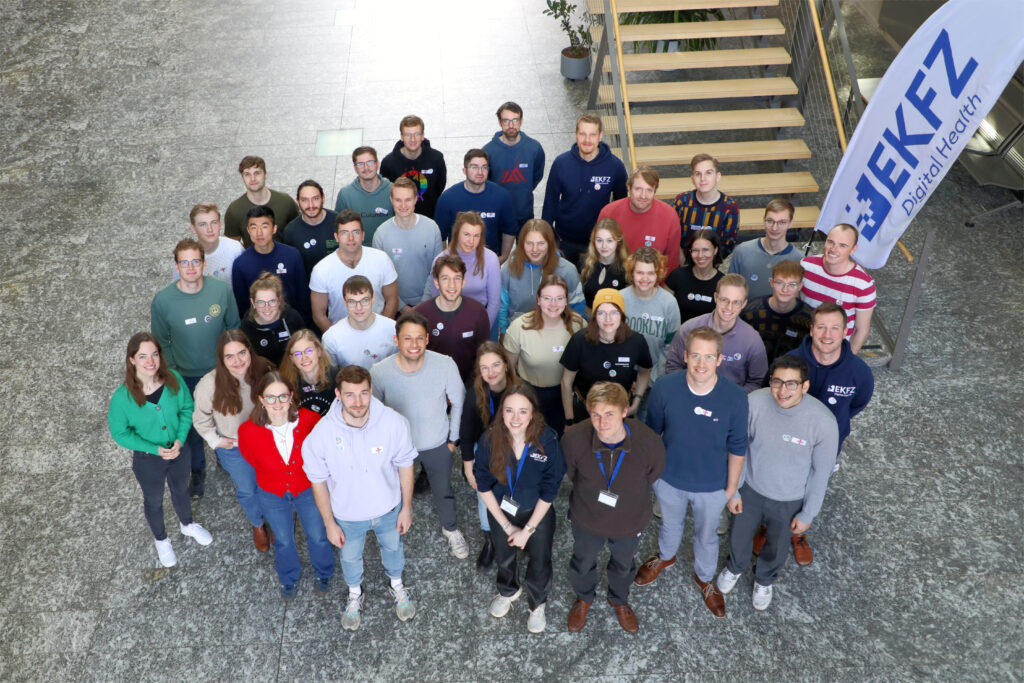
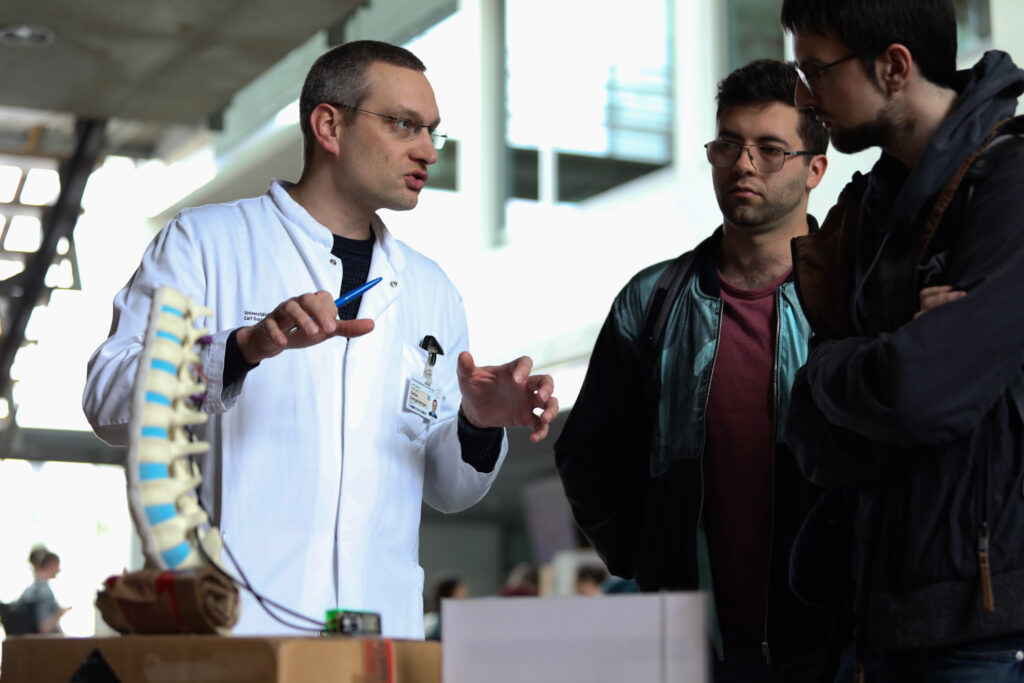
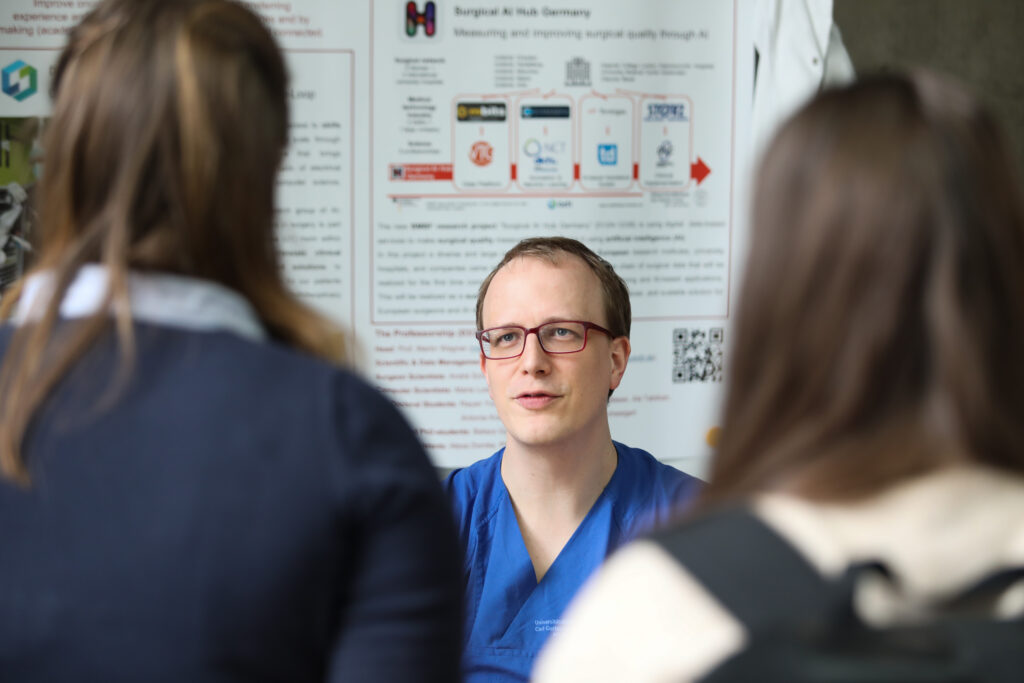
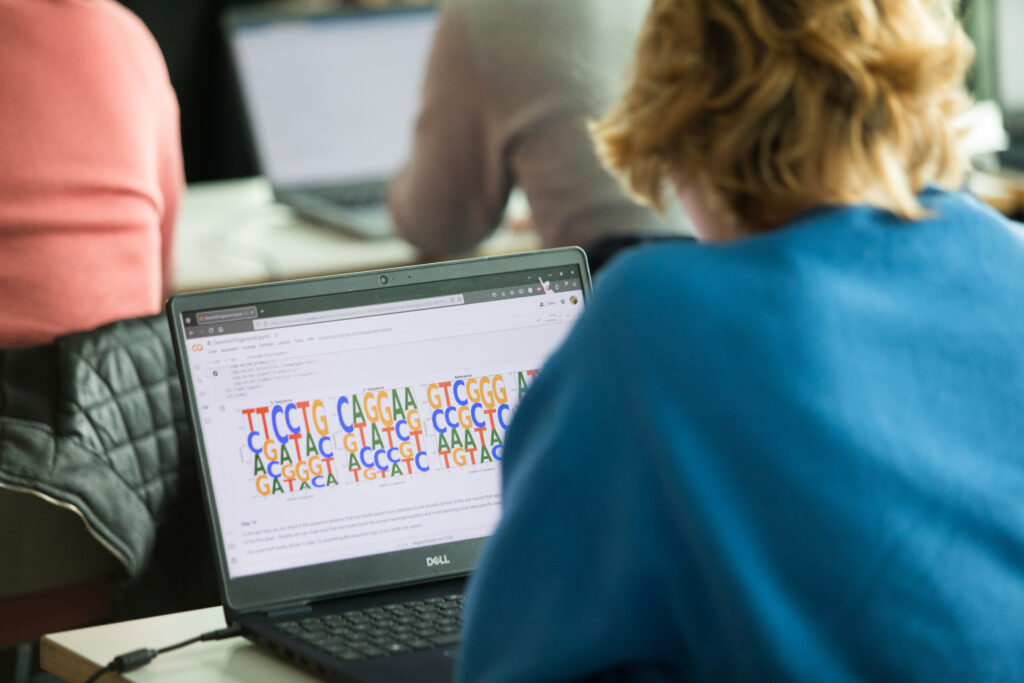
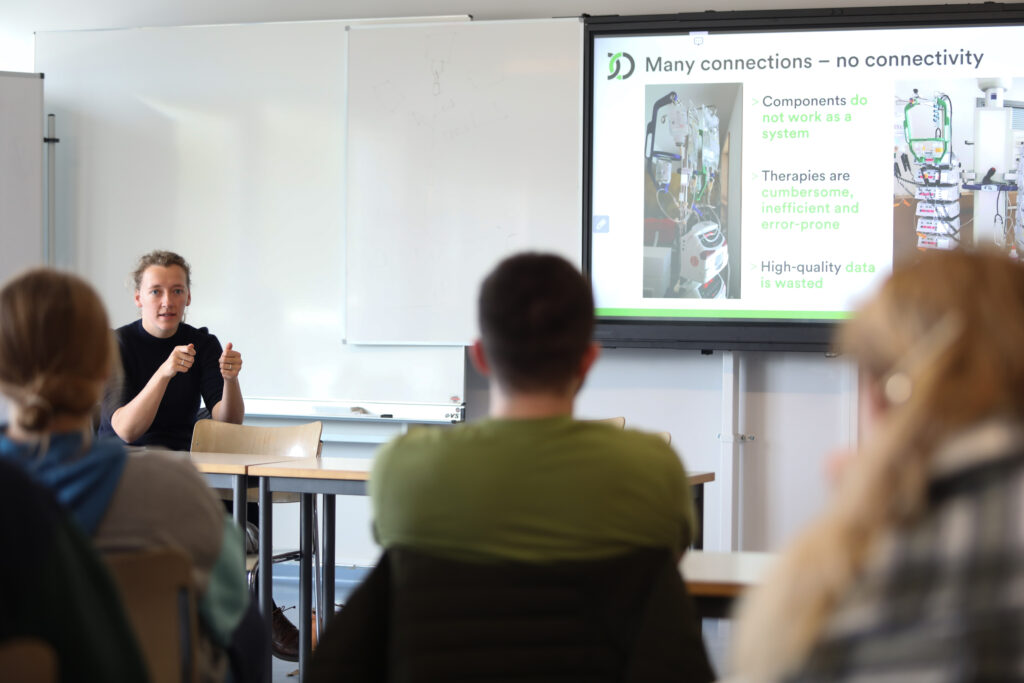
Share this Post
More News
EKFZ Highlights: a Science Slam about cancer research and HybridEcho being part of this year’s exclusive Science Night tour.
Read moreFemtech, Ethics & Innovation: Highlights from the HALL-EKFZ Summer School 2025
The participants explored the evolving intersection of technology, legal frameworks, and ethical governance in women’s health.
Read moreResearchers at the EKFZ for Digital Health at TU Dresden, in collaboration with partners from Germany, the UK and USA, have developed and validated an autonomous artificial intelligence (AI) agent…
Read more

